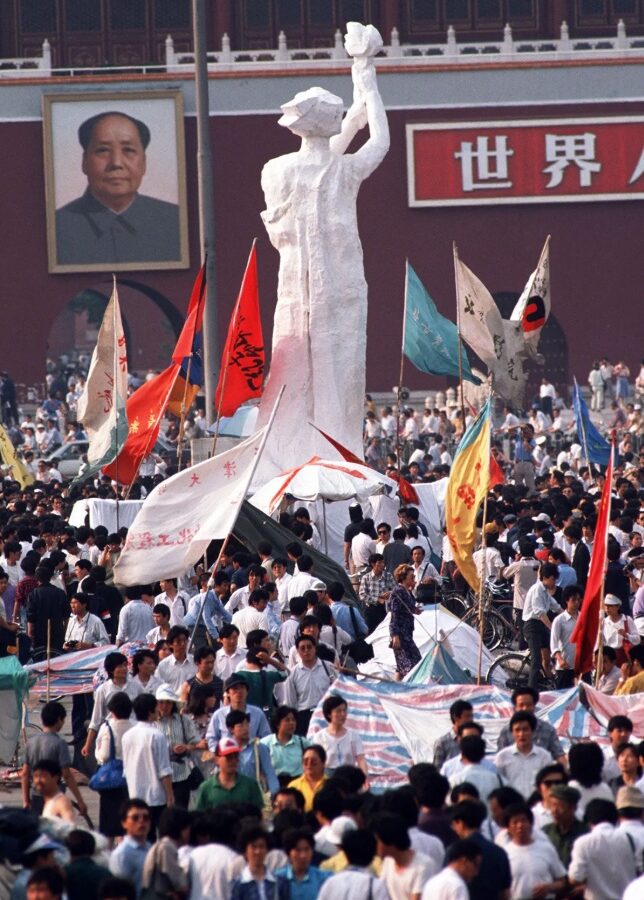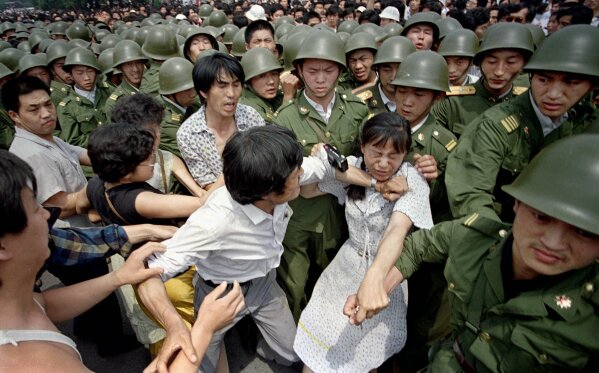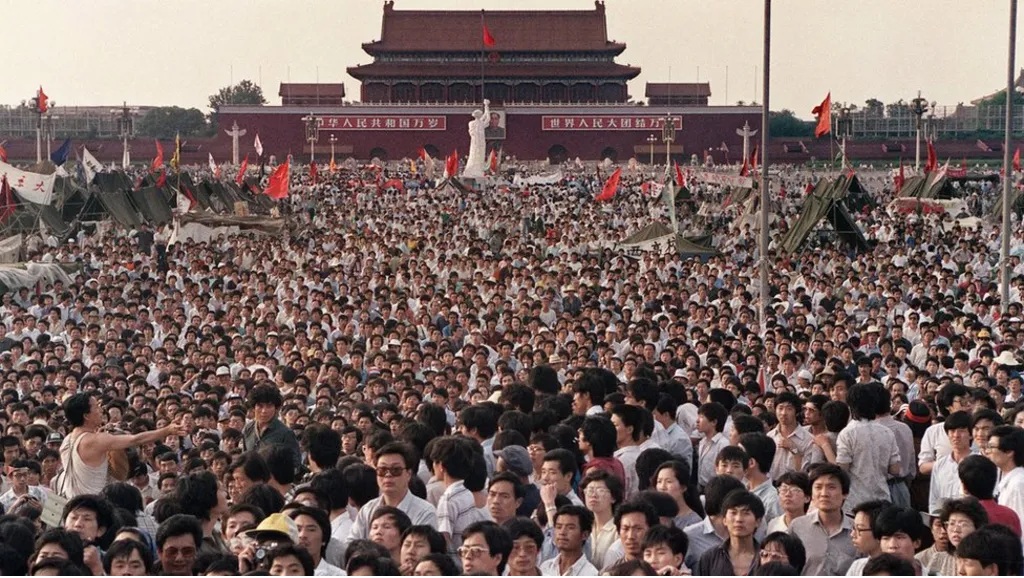In the spring of 1989, as a student of Chinese literature at Peking University, I never imagined a poem I posted under the moonlight would hurl me into the heart of a nationwide uprising. Yet the Tiananmen democracy movement was more than a student protest — it was a seismic awakening.
That April, the death of Hu Yaobang — a figure revered for his tolerance of intellectual freedom — cast a hush over campus. In mourning, I wrote a poem that resonated across the university: “One city swept by wind, another soaked by rain; long songs to send the soldier on his journey.” Its quiet protest became a symbol, later echoed in national newspapers. My motivation was raw and personal — a mix of grief, anger, and longing for a better China.
The atmosphere on campus: When poetry met politics
Dormitory 3011 in our 47th building became an unlikely salon for China’s soul-searching. Journalists, writers, filmmakers — including figures linked to dissidents like Liu Binyan — gathered to debate the nation’s future. When Zheng Yi arrived from Shanxi, he clasped my shoulder and said: “China can’t go on like this. Students must act.” His words landed like a stone in a still pond. With fellow students, I launched a campus publication, News Bulletin, editing articles late into the night, ink on our fingers and urgency in our hearts.
Gathering courage: How the Tiananmen democracy movement began
April 17 brought a sea of voices to Peking University’s Triangle area. The air bristled with slogans and protest banners. Public intellectual Fang Lizhi called for the release of Wei Jingsheng, while student leader Wang Dan urged: “We can’t just talk. We must march!” With a banner reading “China’s Soul” held high that night, we marched toward Tiananmen. As the crowd swelled, our chants of “Democracy!” and “Freedom!” echoed into the night. When police blocked our path, I approached them directly to negotiate a passage — a moment of quiet confrontation that solidified my sense of duty.

The seven demands: Turning passion into purpose
At a midnight meeting near the Great Hall of the People, I drafted the movement’s seven demands: freedom of speech, lifting restrictions on demonstrations, increased education funding, and more. These points later became our unifying platform. On April 22, over 200,000 students filled the square for Hu Yaobang’s memorial. Intellectuals like Dai Qing and Su Xiaokang sent open letters that I read aloud from the monument — each sentence echoed by a wave of student voices.
Choosing hunger: Standing firm amid accusations
When the People’s Daily labeled us a “riot” on April 26, we faced a choice: retreat or escalate. With Mikhail Gorbachev’s state visit looming, global media attention offered a rare platform. On May 13, 200 students began a hunger strike. I helped coordinate media efforts and write rallying editorials. Soon, over 3,000 joined. Ambulance sirens became our soundtrack; makeshift hospitals sprouted in tents. I became the vice-commander of the hunger strike team, working alongside student leaders such as Chai Ling and Feng Congde. Every collapsed body was a message to the world: we will not be ignored.
Tents and resolve: The people of Beijing join in
By mid-May, a vast encampment had formed in the square. Local residents brought us water, bread, and support. Children asked for our signatures. A gray-haired man clasped my hand and said: “You are the hope of China.” On May 19, when Premier Li Peng declared martial law, we voted to end the hunger strike and shift to a sit-in. Still, the resolve only grew. I helped establish a temporary command center to maintain order, eventually becoming head of publicity for the newly formed “Command Headquarters to Defend Tiananmen Square.”
June 3: When the square turned red
On the night of June 3, Democracy University was holding its opening ceremony. Professor Yan Jiaqi was lecturing on the value of liberty when a student screamed: “The tanks are coming!” We watched, horrified, as armored vehicles barreled through the square. One was engulfed in flames from a Molotov cocktail; soldiers opened fire. I shouted: “The meeting is over! Remove the flags!” We formed a human chain to retreat. I saw my classmate Fang Zheng crushed by a tank. At just two meters away, I was nearly hit. Tear gas choked us as we fled.
That night, 11 classmates died. Returning to campus, I stood before our dormitory and declared: “The Communist Party is a party of murder. I resign my membership!” It was my final act before going underground.

Two years on the run: Hiding, capture, and faith
My escape began on June 9. I slept beneath train cars and walked icy trails on the Soviet border, where I was caught and deported. In despair, I was saved by a Christian villager who hid me and introduced me to the Gospel. In Scripture, I saw reflections of my own struggle. Like King David fleeing to the Cave of Adullam, I found redemption in faith.
Eventually, I reached Hong Kong and gained asylum in the United States. In exile, I wrote my memoir, Escape From China, which later won awards and was translated into multiple languages. I became a pastor, dedicating my life to spiritual service and preserving the memory of the Tiananmen democracy movement.
Never forgotten: What Tiananmen means today
For 36 years, I’ve commemorated June 4 not as a failure, but as a testament to the awakening of the Chinese people. Some now say the students were too radical. I say: the radical act was the state-sanctioned violence. Deng Xiaoping gave the order, and others carried it out. Tiananmen wasn’t a tragedy caused by protestors, but a massacre against a peaceful plea.
The mothers of Tiananmen deserve justice. The fallen deserve remembrance. And if China’s transformation is to come, it will be because the spirit of 1989 — a spirit of courage, truth, and unity — still lives.
Follow us on X, Facebook, or Pinterest

